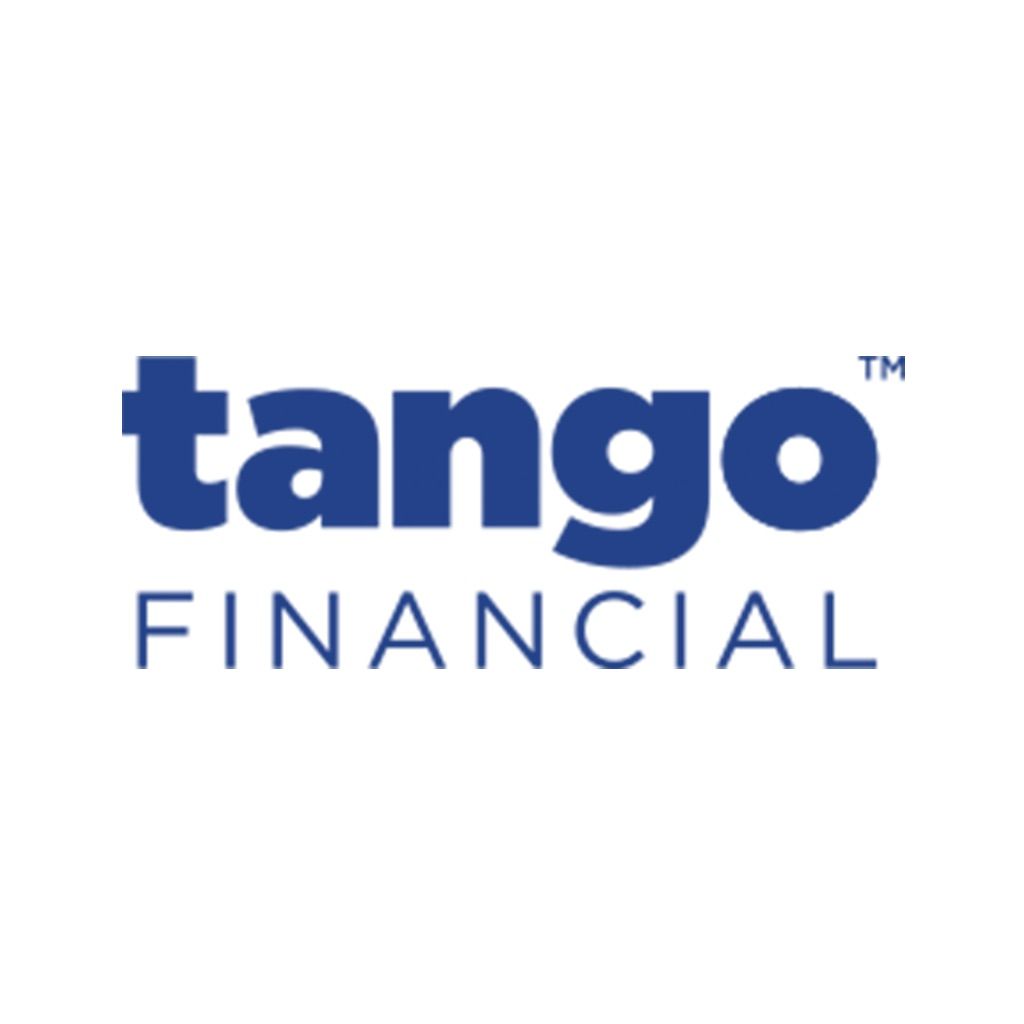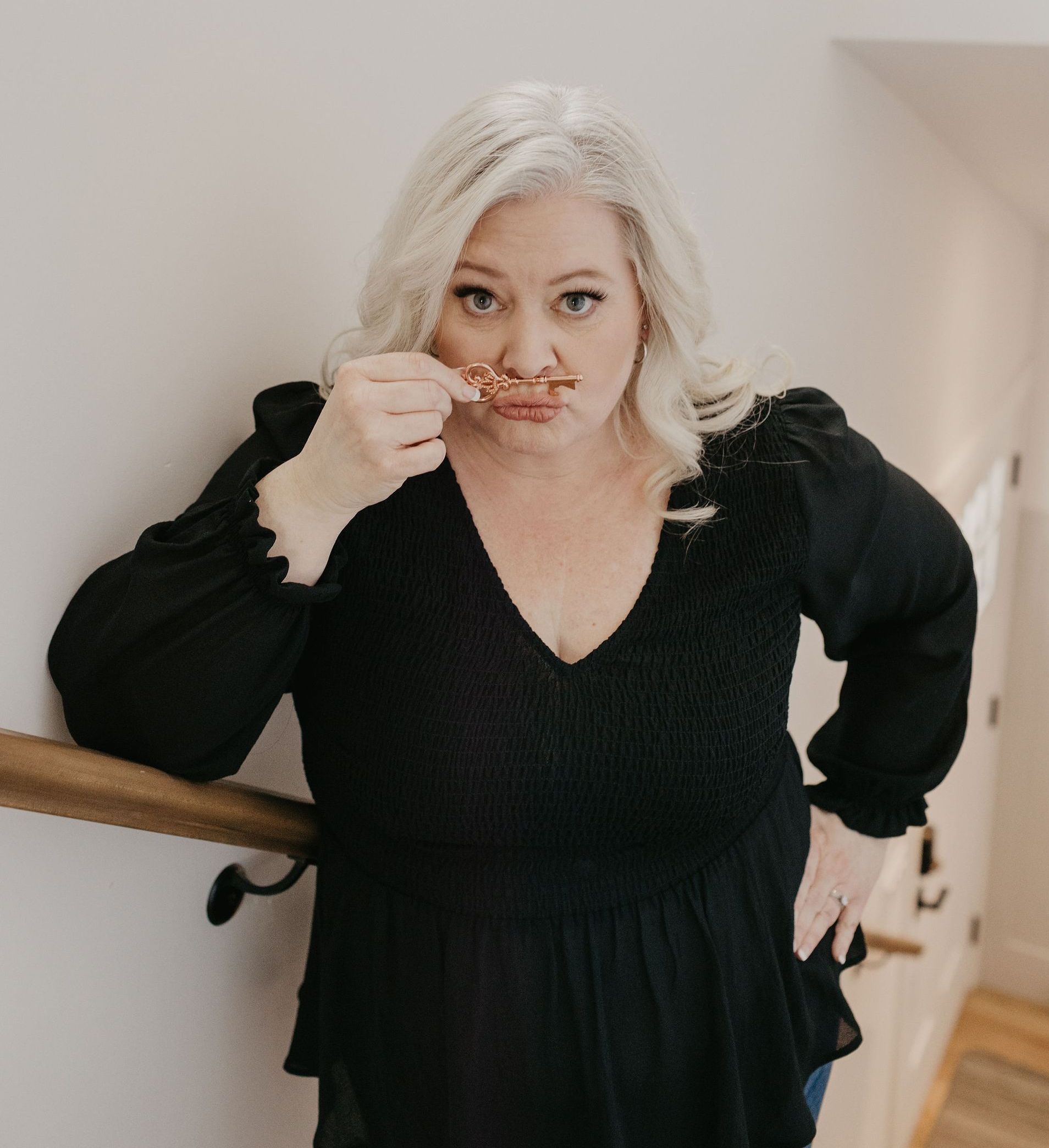Lowering Your Overall Cost of Borrowing

If you’re like most Canadians, chances are you don’t have enough money in the bank to buy a property outright. So, you need a mortgage. When you’re ready, it would be a pleasure to help you assess and secure the best mortgage available. But until then, here’s some information on what to consider when selecting the best mortgage to lower your overall cost of borrowing.
When getting a mortgage, the property you own is held as collateral and interest is charged on the money you’ve borrowed. Your mortgage will be paid back over a defined period of time, usually 25 years; this is called amortization. Your amortization is then broken into terms that outline the interest cost varying in length from 6 months to 10 years. From there, each mortgage will have a list of features that outline the terms of the mortgage.
When assessing the suitability of a mortgage, your number one goal should be to keep your cost of borrowing as low as possible. And contrary to conventional wisdom, this doesn’t always mean choosing the mortgage with the lowest rate. It means thinking through your financial and life situation and choosing the mortgage that best suits your needs.
Choosing a mortgage with a low rate is a part of lowering your borrowing costs, but it’s certainly not the only factor. There are many other factors to consider; here are a few of them:
- How long do you anticipate living in the property? This will help you decide on an appropriate term.
- Do you plan on moving for work, or do you need the flexibility to move in the future? This could help you decide if portability is important to you.
- What does the prepayment penalty look like if you have to break your term? This is probably the biggest factor in lowering your overall cost of borrowing.
- How is the lender’s interest rate differential calculated, what figures do they use? This is very tough to figure out on your own. Get help.
- What are the prepayment privileges? If you’d like to pay down your mortgage faster.
- How is the mortgage registered on the title? This could impact your ability to switch to another lender upon renewal without incurring new legal costs, or it could mean increased flexibility down the line.
- Should you consider a fixed rate, variable rate, HELOC, or a reverse mortgage? There are many different types of mortgages; each has its own pros and cons.
- What is the size of your downpayment? Coming up with more money down might lower (or eliminate) mortgage insurance premiums, saving you thousands of dollars.
So again, while the interest rate is important, it’s certainly not the only consideration when assessing the suitability of a mortgage. Obviously, the conversation is so much more than just the lowest rate. The best advice is to work with an independent mortgage professional who has your best interest in mind and knows exactly how to keep your cost of borrowing as low as possible.
You will often find that mortgages with the rock bottom, lowest rates, can have potential hidden costs built in to the mortgage terms that will cost you a lot of money down the road. Sure, a rate that is 0.10% lower could save you a few dollars a month in payments, but if the mortgage is restrictive, breaking the mortgage halfway through the term could cost you thousands or tens of thousands of dollars. Which obviously negates any interest saved in going with a lower rate.
It would be a pleasure to walk you through the fine print of mortgage financing to ensure you can secure the best mortgage with the lowest overall cost of borrowing, given your financial and life situation. Please connect anytime!


Share:


Subscribe
Thank you for contacting me.
I will get back to you as soon as possible.
Please try again later.
Follow
@MORTGAGEBYTORI
| Mortgage By Tori | All Rights Reserved | Privacy and Content Notice

